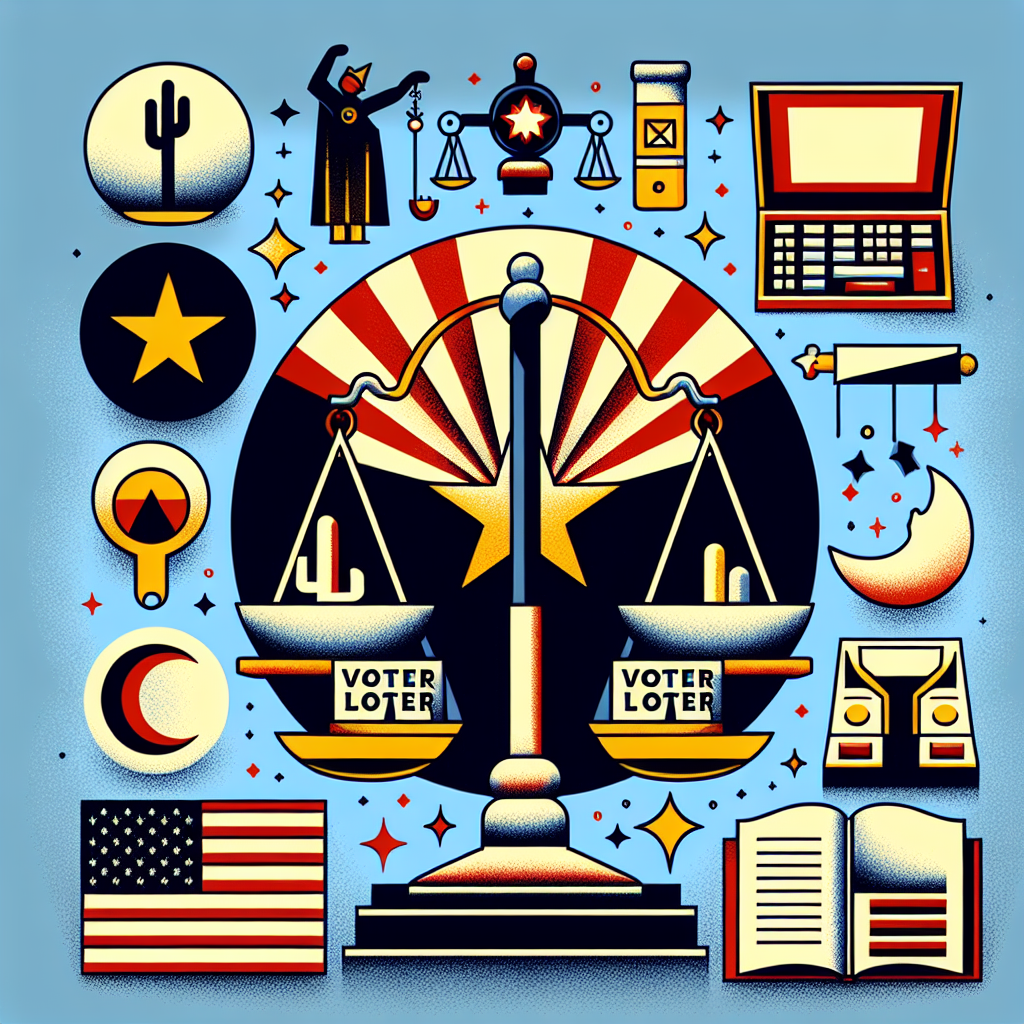Australia's Landmark Ban: Bold Move to Curb Social Media for Minors
Australia has passed a law banning social media access for those under 16, marking a groundbreaking move against Big Tech. Despite opposition from privacy advocates, it reflects a growing trend to protect youth mental health, setting an example for other nations grappling with similar issues.

Australia has set a new global precedent by legislating a social media ban for children under 16, following an intense national debate. This law, targeting major platforms like Instagram and TikTok, is set to trial its enforcement methods in January and take full effect in the coming year, with potential fines reaching A$49.5 million for non-compliance.
This legislation positions Australia as a leader among countries imposing age restrictions on social media, addressing concerns over the mental health effects on young people. While similar laws in France and US states require parental permission, Australia's ban is unique in its comprehensive approach, despite facing challenges from privacy advocates and child rights groups.
Prime Minister Anthony Albanese achieved a significant political victory with the ban's passage, resonating with a majority of the public who support the measure. However, the law also risks straining diplomatic ties with the United States and intensifying tensions with predominantly US-based tech companies. As Australia continues to challenge these tech giants, the law's impact on privacy and youth support networks remains a contentious issue.
(With inputs from agencies.)
- READ MORE ON:
- Australia
- social media
- ban
- minors
- Big Tech
- Mental health
- Anthony Albanese
- privacy
- legislation
- youth
ALSO READ
Australia's New Levy: A Strategic Game Against Big Tech
The Vegan Dilemma: Plant-Based Meats and Mental Health
Government Announces $10 Million Boost for Mental Health Innovation Fund
Teen Changemaker Anvi Kumar Takes Home the Diana Award for Mental Health Advocacy
Boosting Student Well-being: Government Initiatives to Tackle Mental Health in Education









